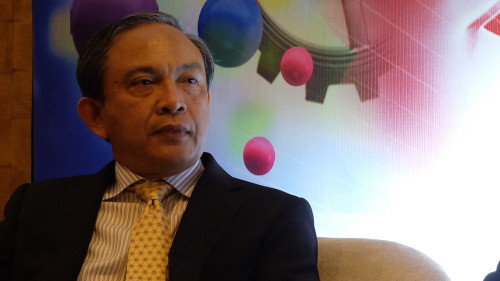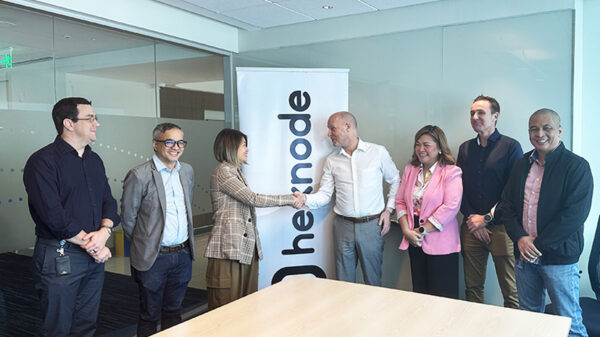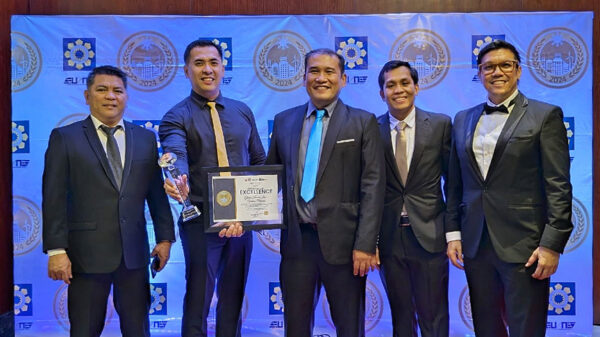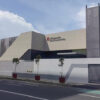Governments and telecommunication operators in the Philippines, Thailand, Indonesia and Malaysia are actively exploring opportunities offered by the Internet of Things (IoT) and Machine to Machine (M2M) technologies in the region.
Gil B. Genio, COO of Philippine-based Globe Telecom Inc. pointed out that the IoT ‘s potential is substantially driven by the Technology, Media, and Telecommunications (TMT) sectors, while mobile network operators (MNOs) will continue to be relevant with their existing network customer base, sales channels, billing and support systems.
The Philippines recently posted a GDP growth of 6.3%, as well as a sustained IT spending growth of 10.1%. IoT spending in the Philippines to hit US$766.8 Million in 2020.
Similarly, we will see more than 400 million connected devices in 4-5 years’ time in Thailand alone, according to Sigvart Von Eriksen , CMO of DTAC — while we are still below 1 million right now.
“The IoT market in Thailand will explode in near future, which should not come as a surprise given the active role government is playing,” he added.
An IoT roadmap for 2016 was rolled out by Telkomsel in Indonesia. A new breakthrough in the automotive sector, namely T-drive, was developed to monitor driving behaviour performance for safety on top of the current car tracking and fleet management solutions they had.
“IoT in Indonesia is a limitless opportunity – we are committed to build ing this ecosystem,” said Ririek Andriansyah, President Director of Telkomsel. As for Malaysia, IoT market potential is predicted to register US $2.2 billion by 2020.
Dato Ng Wan Peng , COO of MDeC said, “Not only addressing the supply of IoT, we want to raise awareness among end users and create demand to drive digital adoption and economy growth. Our aim is to turn Malaysia into a matured digital economy by 2020 – to connect and empower government, busines s and people.”
To leverage on the interest from local governments and telcos, the Asia IoT Business Platform 2016 series in the Philippines, Thailand, Indonesia and Malaysia will bring together end-users, platform providers, policy makers and solution providers at a single platform to forge mutually-beneficial partnerships.
The series will showcase the value and economic impact of IoT/M2M solutions, including improving private and public sector enterprise productivity, and harnessing ICT and networks to alleviate problems in dense capital cities.
Zaf Coelho , Project Director of the Asia IoT Business Platform said, “Southeast Asia offers tremendous opportunities in terms of the scale and usage of IoT/M2M solutions, leveraging technology through key enterprise and policy decision making, leading the entire ASEAN region’s transformation.”
This coming May, the city of Yokohma has been engaged to present a case study in Manila, Philippines as reference for smart city projects, while DHL will be sharing information on how to leverage Big Data in the logistics sector.
In Bangkok, the Korea Evaluation Institute of Industrial Technology will discuss advanced manufacturing and smart factory applications – which is a main focus in Southeast Asian cities.
“This is a platform for leaders in IoT/M2M to gather and foreground the opportunities in emerging Southeast Asian countries. Ultimately, we are trying to help to catalyse the reali z ation of a smart city for these Southeast Asian nations,” added Zaf.















































































































